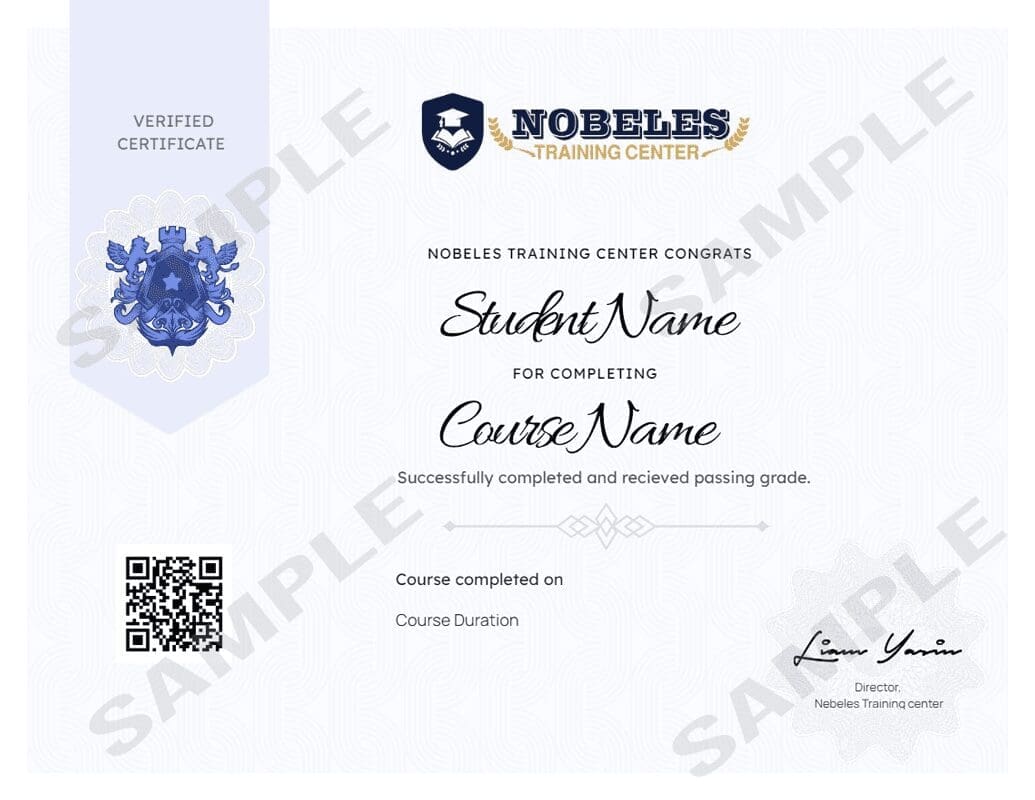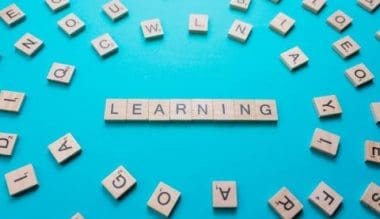Strengthening our self-confidence is a powerful step in shaping our lives and creating future success. The ability to be confident and assertive are crucial skills for personal development, displaying authority in business, and promoting equality throughout interactions. Essentially, these skills have a significant influence on building a happy life. Through effective communication, visualization, and resiliency, we can learn to be confident and project an image of confidence to others. When stressful or difficult situations arise, we have the ability to control our own responses and how we choose to move forward.
Confidence and assertiveness are skills that can be developed and beneficial to everyone, no matter their career or job position. The Building Confidence and Assertiveness course will provide participants with the tools to overcome fear, gain personal empowerment, and inspire confidence in others. By believing in our potential and the positive changes that we can make, we are able to grow personally and professionally.
Curriculum
- 11 Sections
- 11 Lessons
- 10 Hours
- Understanding ConfidenceUnderstanding confidence involves recognizing its roots in self-awareness, self-acceptance, and experience. It empowers individuals to take risks, express their opinions, and navigate challenges, ultimately fostering personal and professional growth.1
- Characteristics of ConfidenceCharacteristics of confidence include self-assuredness, decisiveness, resilience, and effective communication. Confident individuals maintain positive body language, set clear boundaries, and approach challenges with a proactive mindset, fostering trust and respect from others.1
- The Barriers to SuccessBarriers to success often include self-doubt, fear of failure, lack of resources, and negative mindsets. Identifying these obstacles allows individuals to develop strategies for overcoming challenges, building confidence, and pursuing their goals effectively.1
- Powerful ToolsPowerful tools for building confidence and assertiveness include positive affirmations, visualization techniques, effective communication training, and goal-setting strategies. These resources help individuals enhance self-awareness, improve interpersonal skills, and reinforce a proactive mindset.1
- Communicating With ConfidenceCommunicating with confidence involves expressing thoughts clearly and assertively while maintaining eye contact and positive body language. Active listening and preparing beforehand further enhance communication effectiveness, fostering trust and engagement in interactions.1
- Developing AssertivenessDeveloping assertiveness involves practicing clear communication, setting boundaries, and expressing needs confidently without aggression. Techniques like role-playing, self-reflection, and mindfulness can help individuals recognize their rights and advocate for themselves effectively.1
- Projecting ConfidenceProjecting confidence involves maintaining good posture, using a steady tone of voice, and making eye contact. Consistent practice of assertive communication and self-awareness enhances your presence, helping others perceive you as capable and trustworthy.1
- Personal EmpowermentPersonal empowerment is the process of gaining control over your life and decisions. It involves building self-awareness, setting clear goals, and developing the confidence to take action, ultimately fostering resilience and a proactive mindset.1
- Handling Difficult SituationsHandling difficult situations involves staying calm, assessing the situation objectively, and employing effective communication skills. Active listening, empathy, and problem-solving are essential for navigating challenges, fostering collaboration, and achieving positive outcomes.1
- Building Confidence in OthersBuilding confidence in others involves providing constructive feedback, recognizing achievements, and encouraging risk-taking in a supportive environment. Mentorship, active listening, and fostering a growth mindset empower individuals to develop their self-assurance and capabilities.1
- Post TestPost Test1
Nobles Certificate
Nobeles Academy
Mobile Application
Courses you might be interested in
-
1 Lesson
-
0 Lessons
-
0 Lessons
-
0 Lessons






